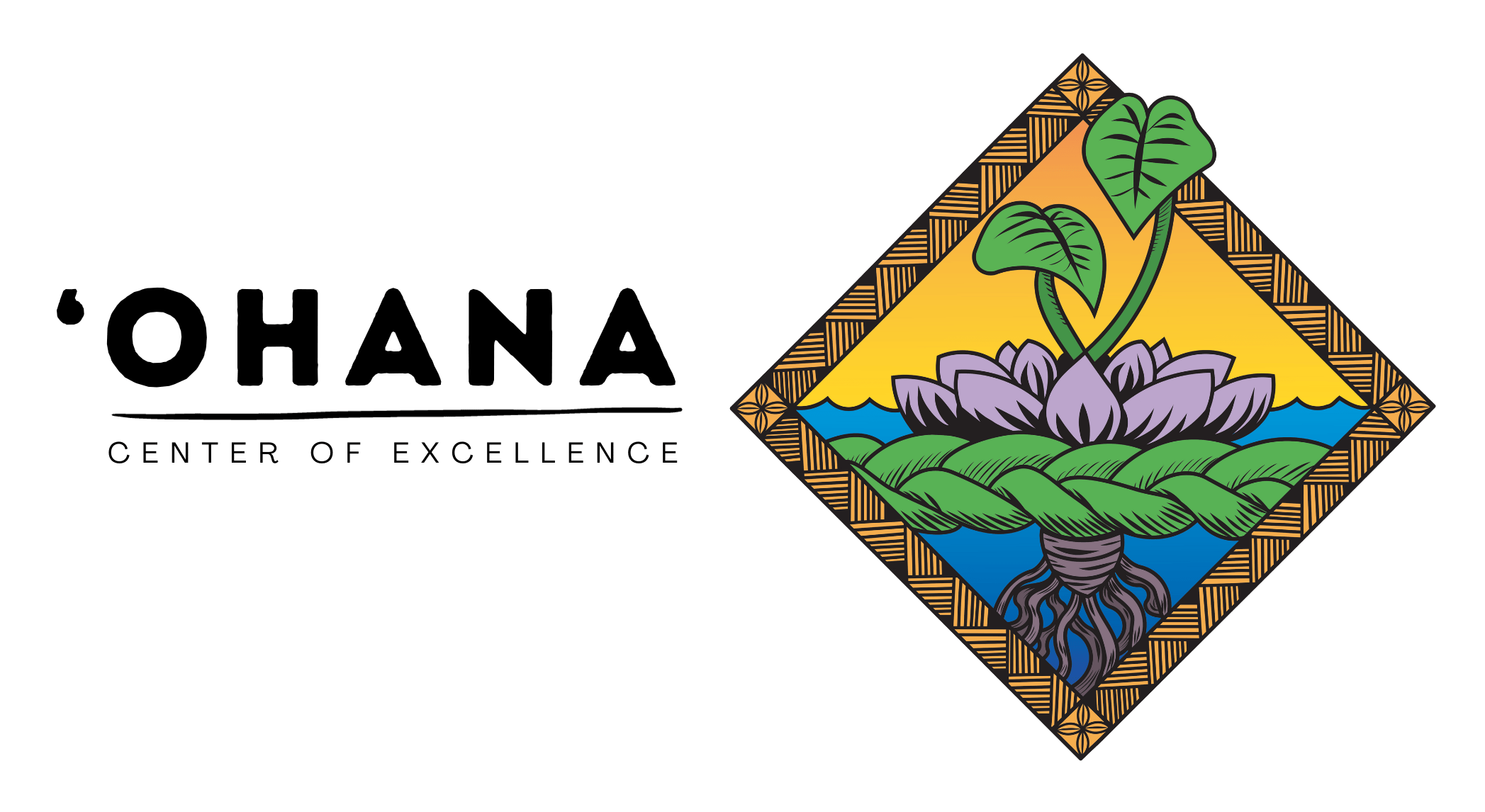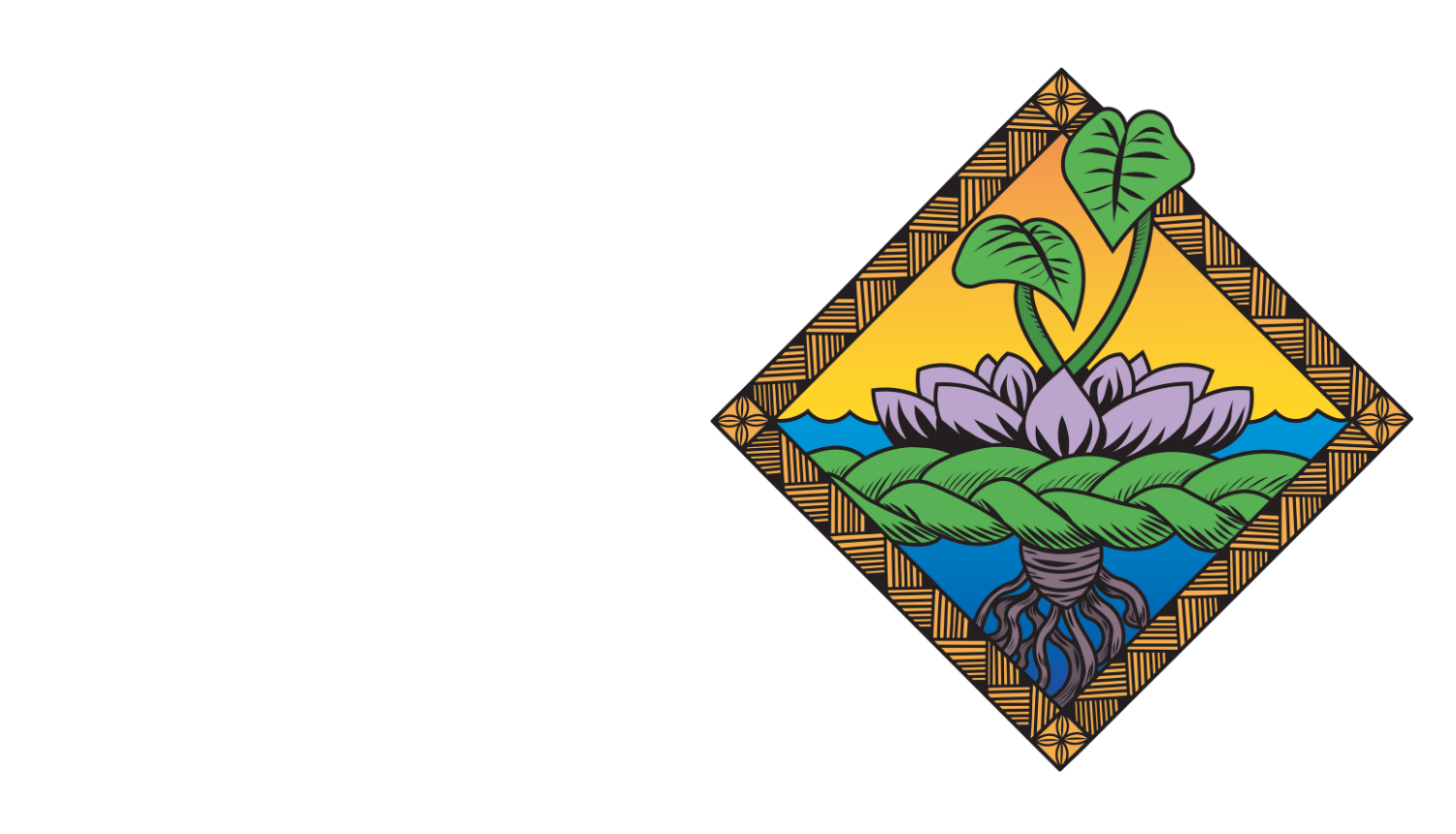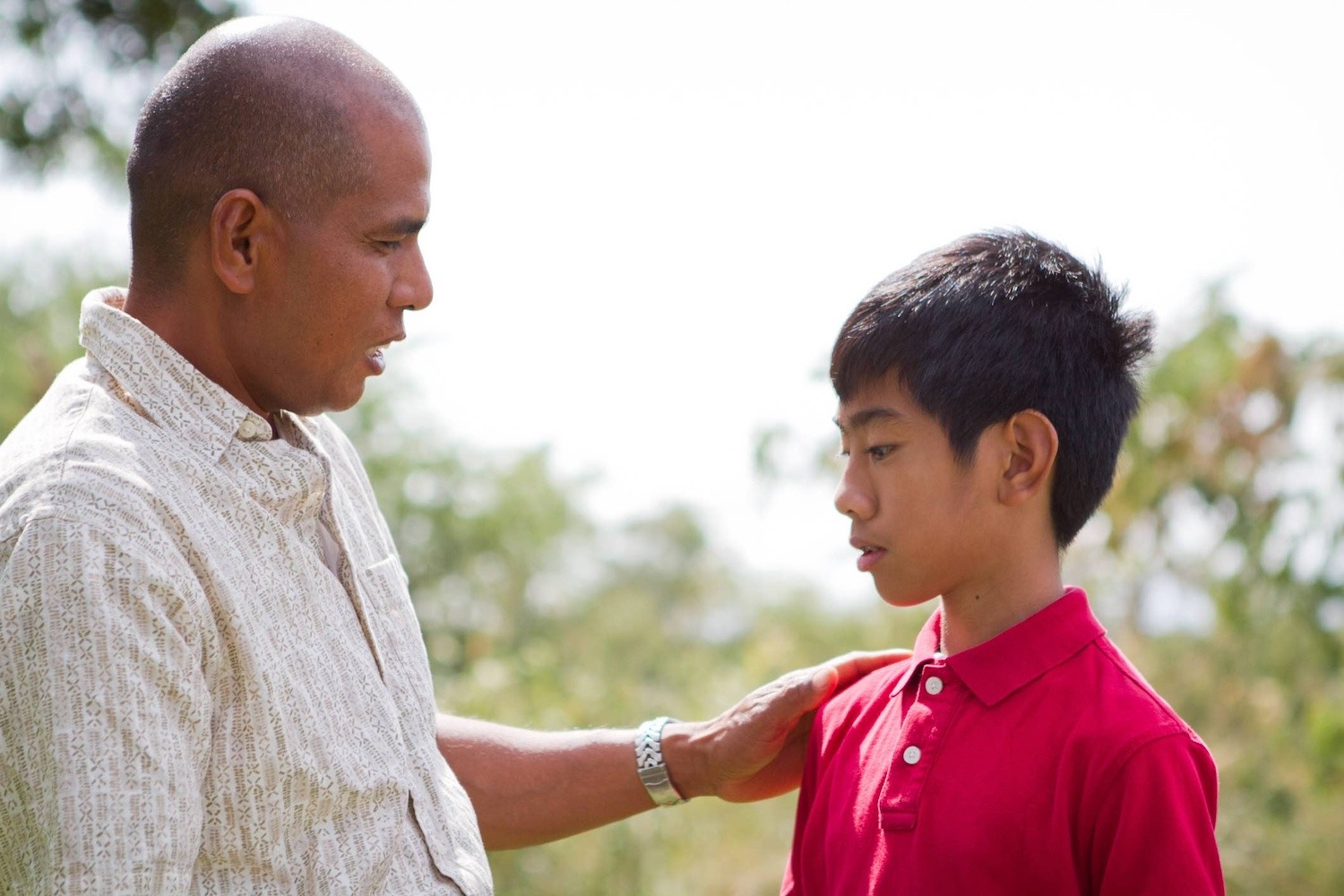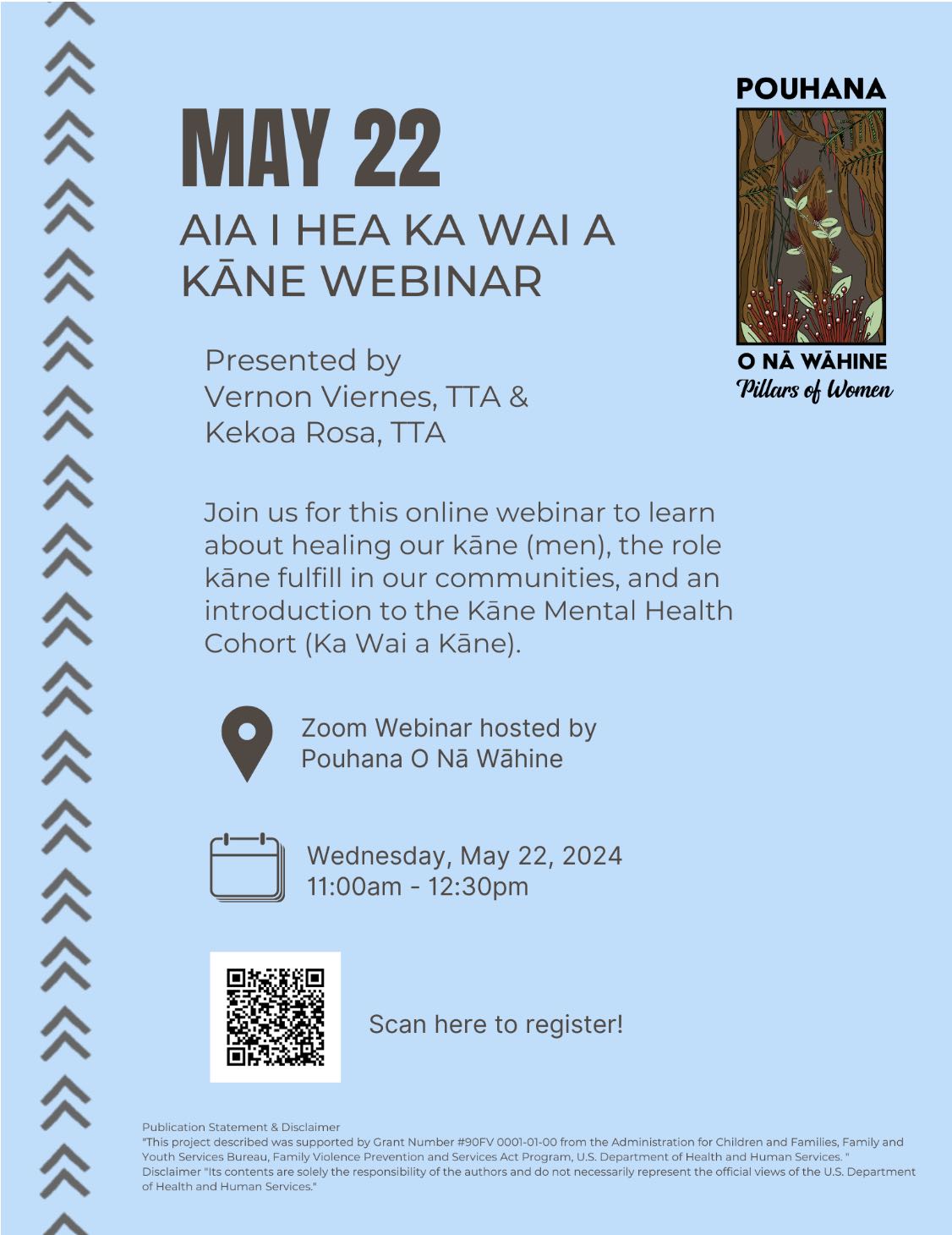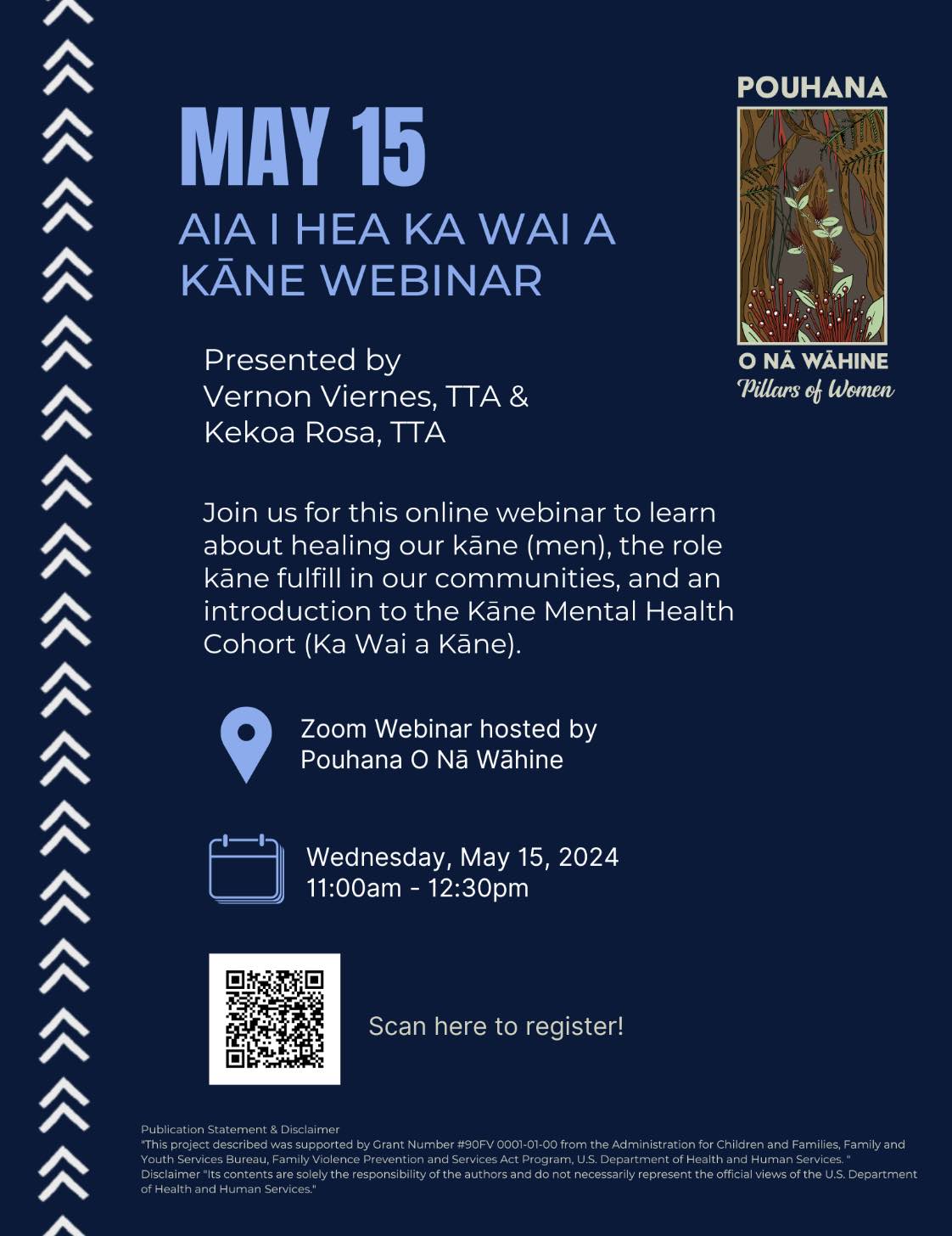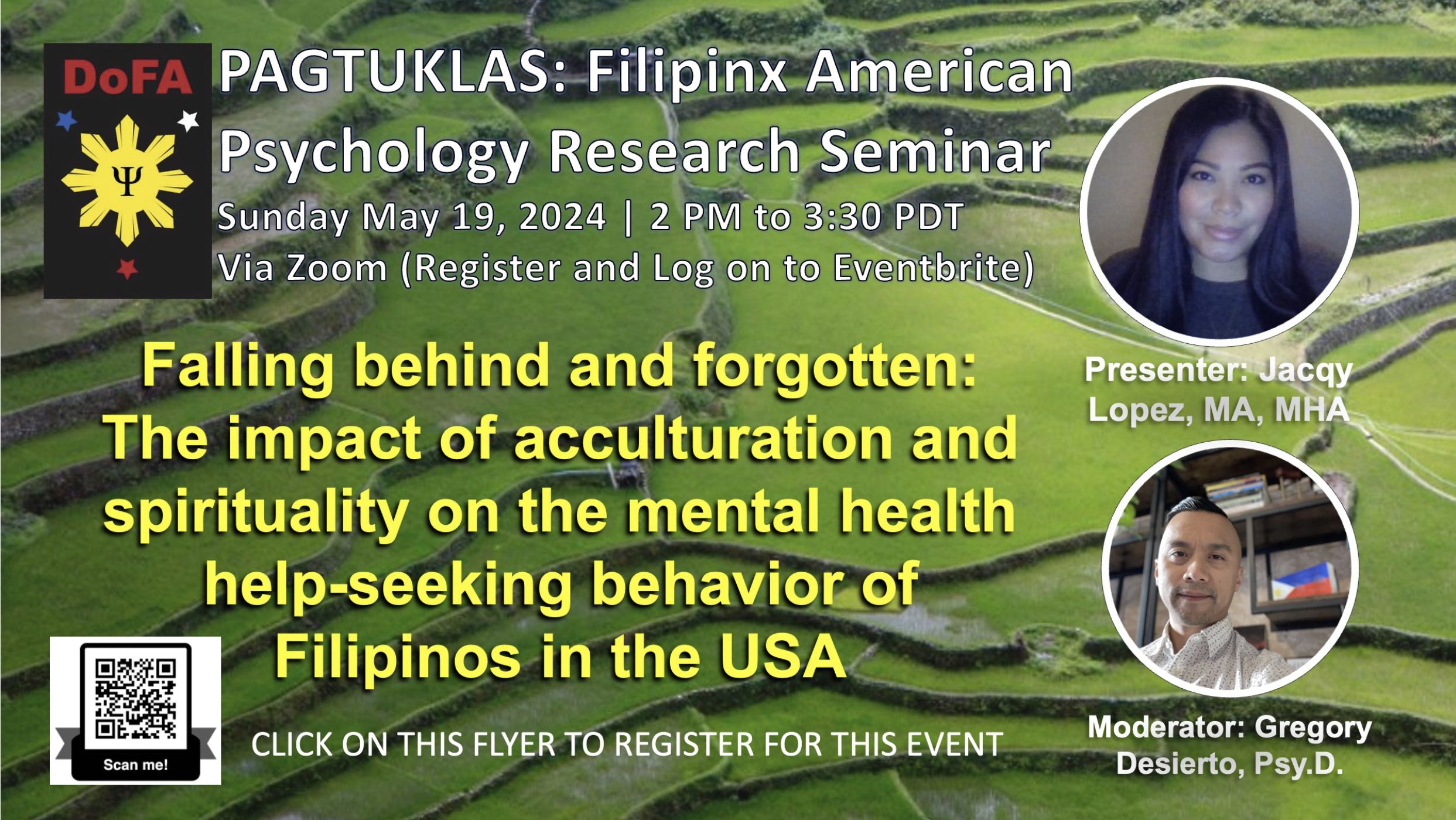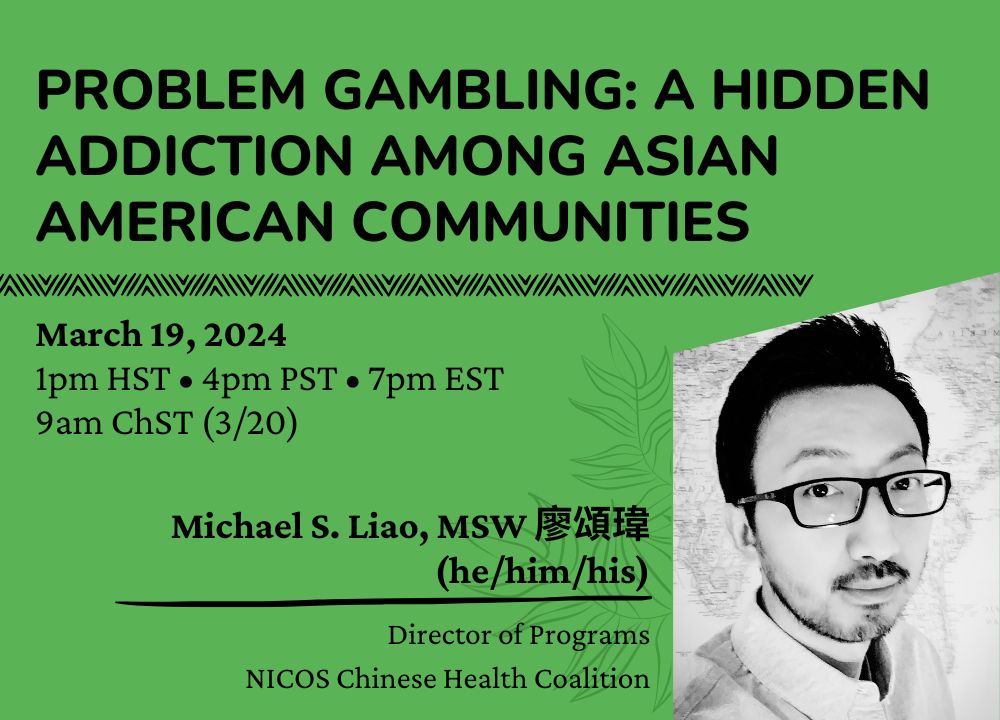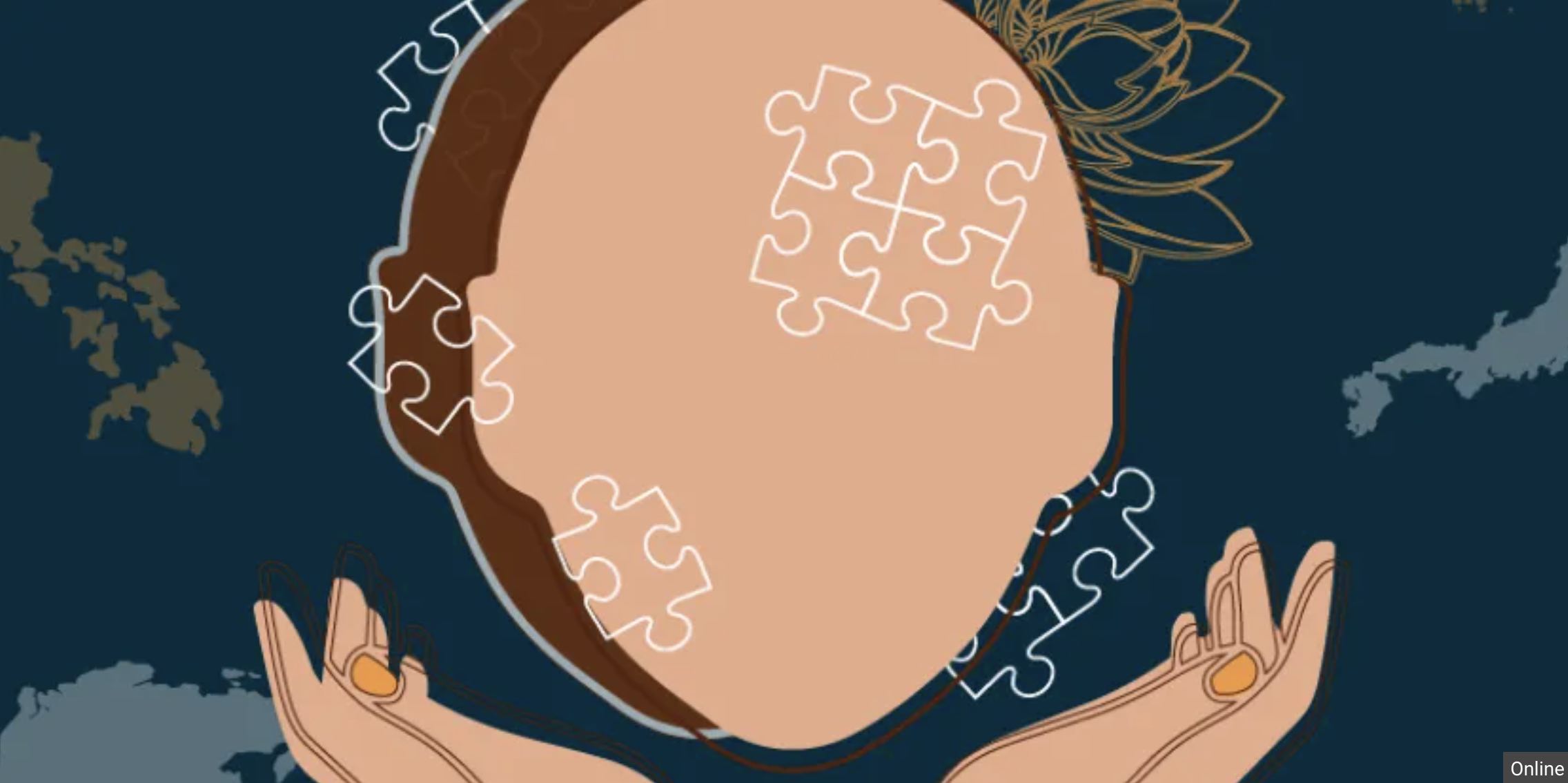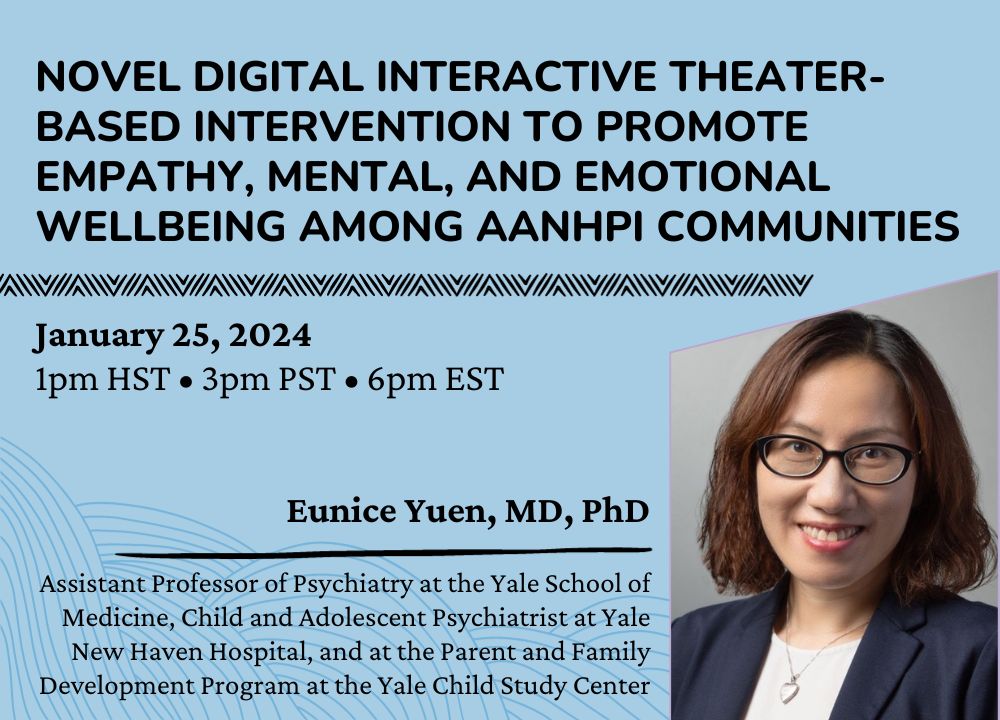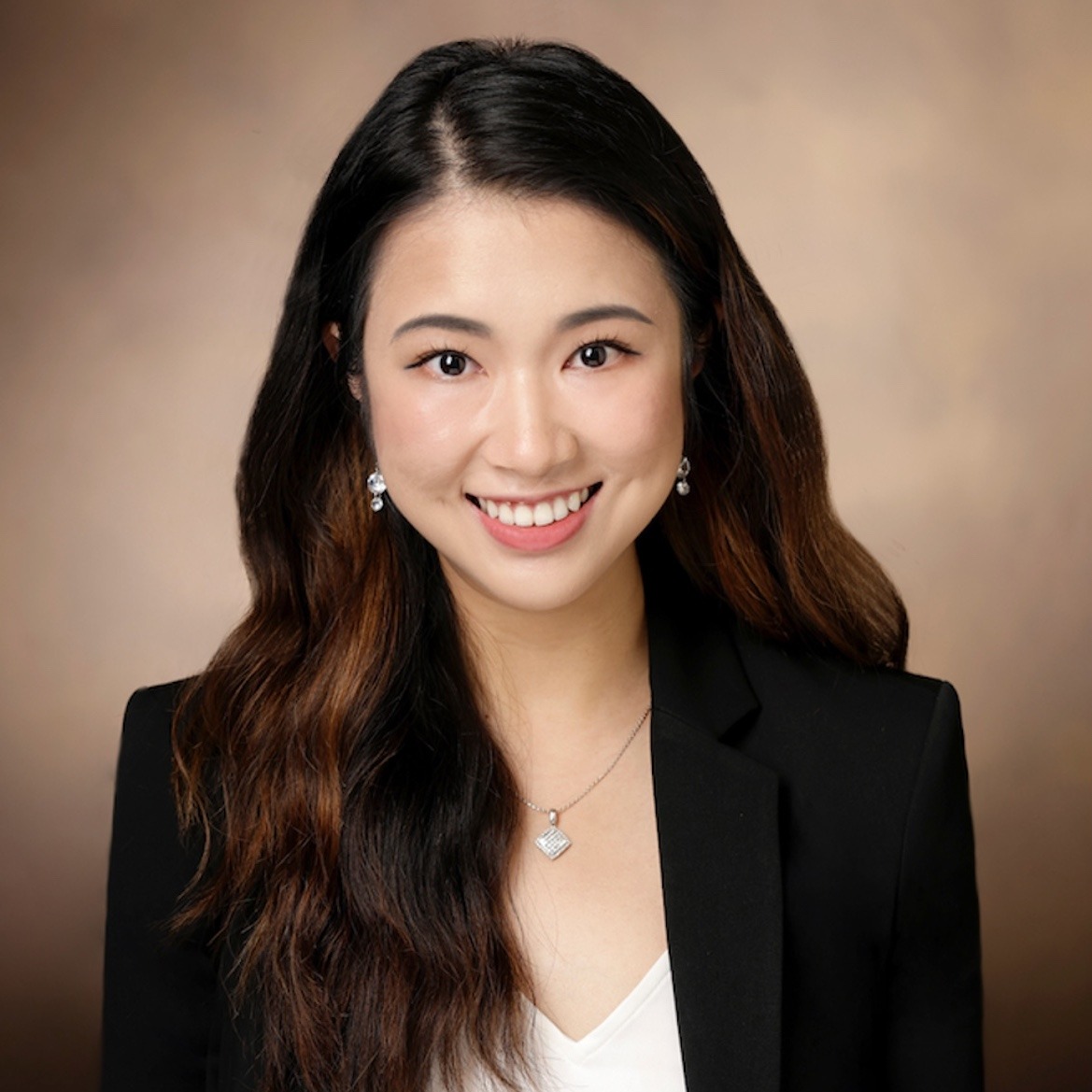Please join us for a series this May that will explore equitable terminology that promotes social justice for populations where language has often been used to shame individuals, patronize, enforce prejudice, or limit visibility. Each session will provide updated language that helps advance equity within their population of focus. Each session will be an hour total, with 15 minutes reserved for Q &A. We encourage behavioral health professionals and those who interact with or write about these individuals, including those leading other Centers of Excellence, Technology Transfer Centers, and others administering programs aimed at increasing access to mental health care to attend. Together, we hope to move forward in advancing equity through language.
Overall series: Learners will be able to
• Identify language that is unhelpful to five populations of focus
• Identify updated language that helps advance equity for five populations of focus
• Utilize effective language to promote equity among five populations of focus
May 1: Promoting Equity when Speaking About, and with, Families
• Identify language that is unhelpful to families
• Identify updated language that helps advance equity for families
• Utilize effective language to promote equity among families
May 8: Promoting Equity for Black and African American Populations
• Identify language that is unhelpful to Black and African Americans
• Identify updated language that helps advance equity for Black and African Americans
• Utilize effective language to promote equity for Black and African Americans
May 15: Promoting Equity for Older Adult Populations
• Identify language that is unhelpful to older adults
• Identify updated language that helps advance equity for older adults
• Utilize effective language to promote equity for older adults
May 22: Promoting Equity for LGBTQIA2S+ Populations
• Identify language that is unhelpful to LGBTQIA2S+ individuals
• Identify updated language that helps advance equity for LGBTQIA2S+ individuals
• Utilize effective language to promote equity for LGBTQIA2S+ individuals
May 29: Promoting Equity for Asian American, Native Hawaiian, and Pacific Islander (AANHPI) Populations
• Identify language that is unhelpful to older AANHPI individuals
• Identify updated language that helps advance equity for AANHPI individuals
• Utilize effective language to promote equity for AANHPI individuals
GET MORE INFORMATION AND REGISTER HERE
Organized by the National Family Support Technical Assistance Center
The NFSTAC is led by the National Federation of Families, a family-run organization, in partnership with the Partnership to End Addiction and Boston University. The Center’s approach is anchored by the underlying principle that families play a vital role in supporting their loved ones and are the experts regarding their family support needs. The National Family Support Technical Assistance Center (NFSTAC) supports families whose children experience mental health and/or substance use challenges across the lifespan by offering resources, technical assistance, and training to the workforce, organizations, and communities that support them.
